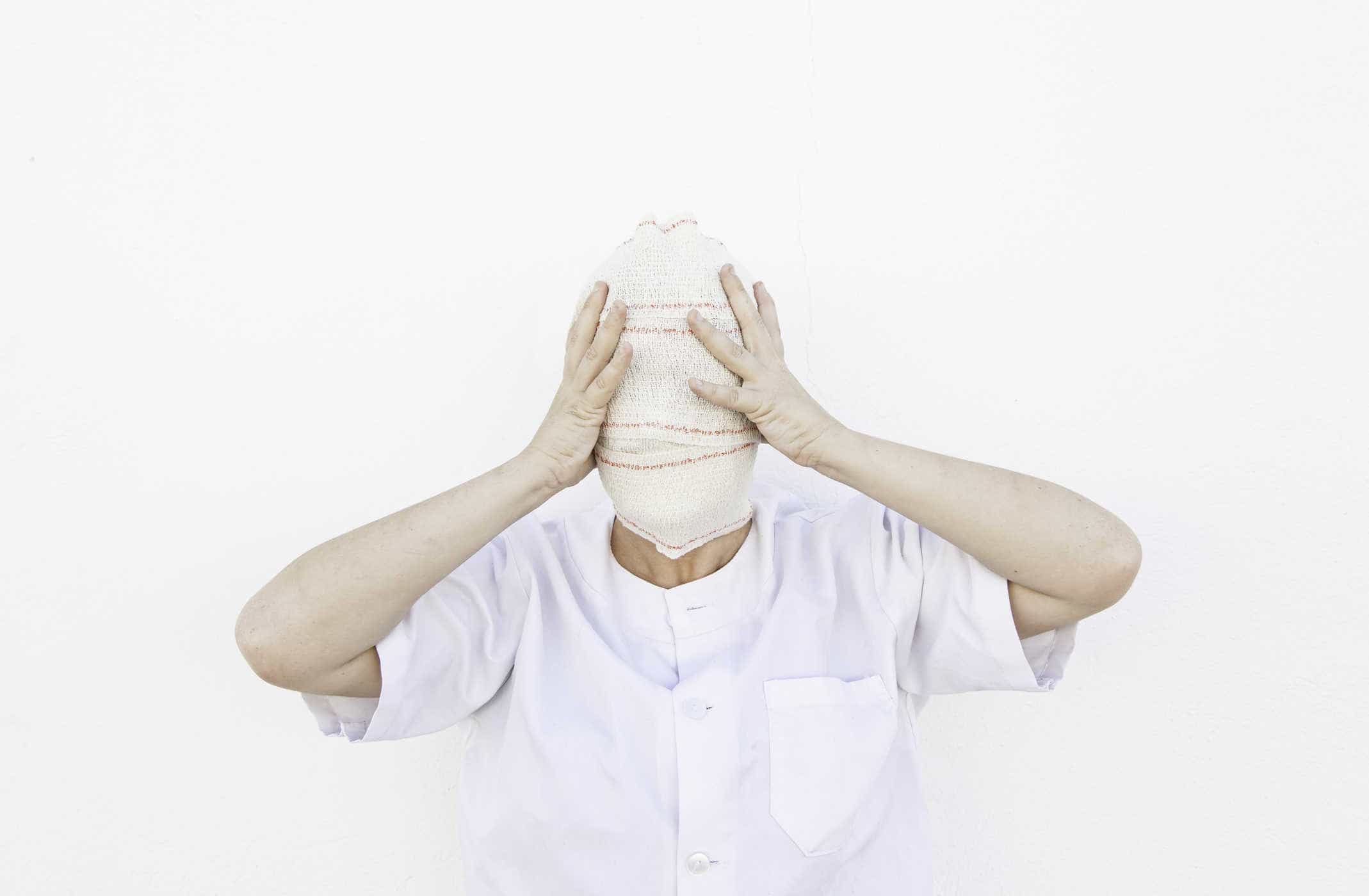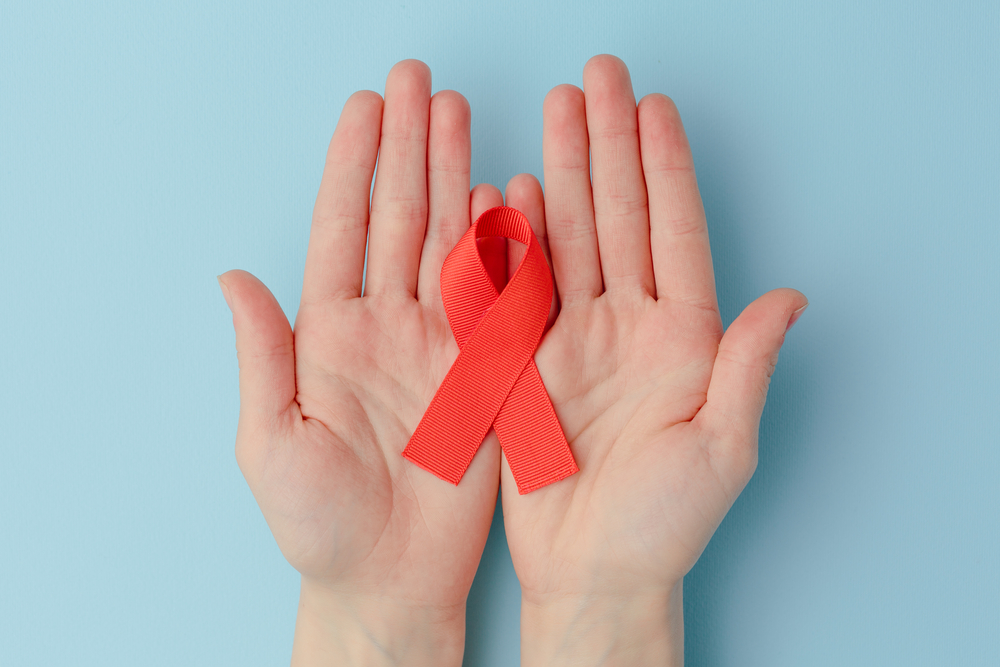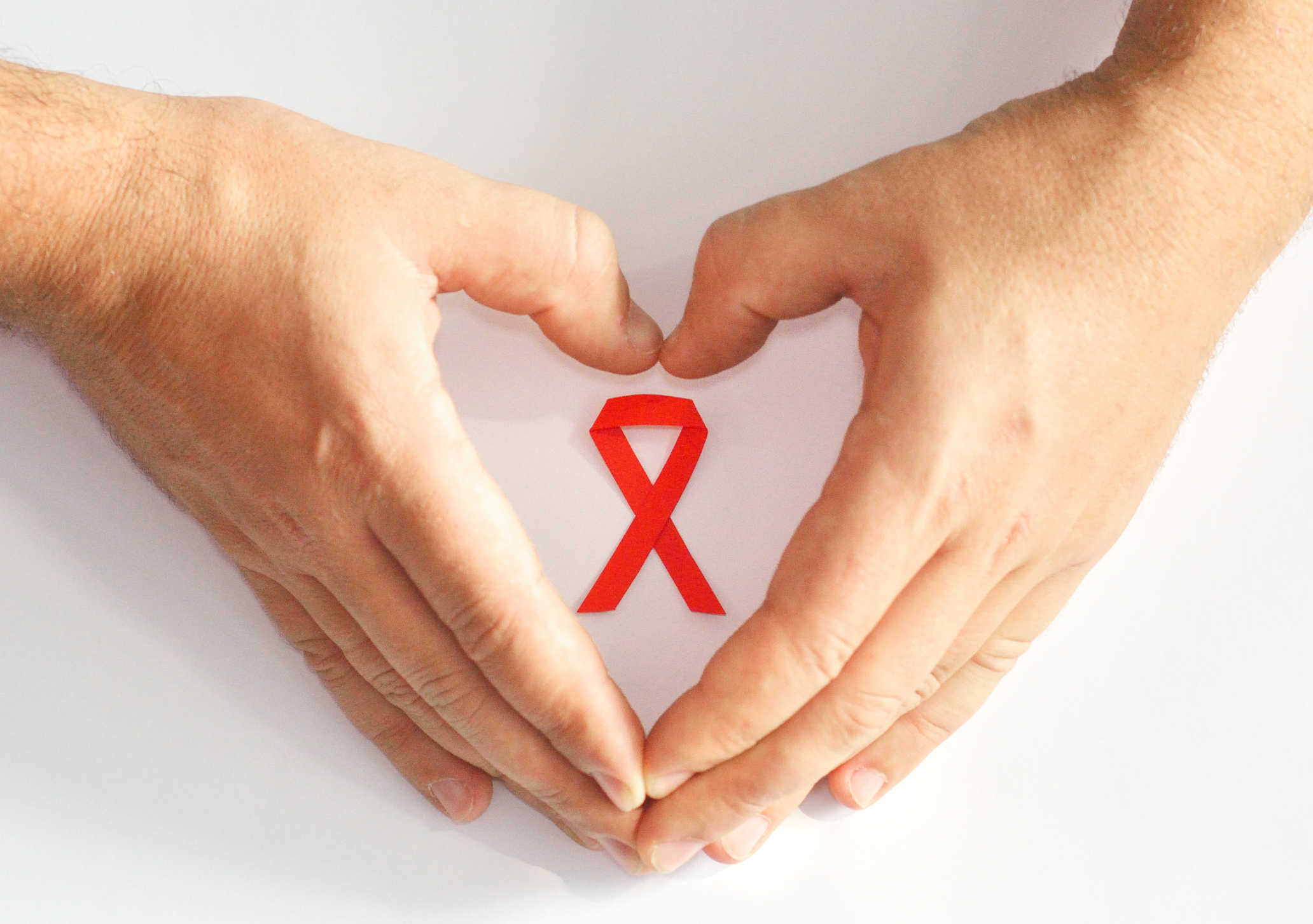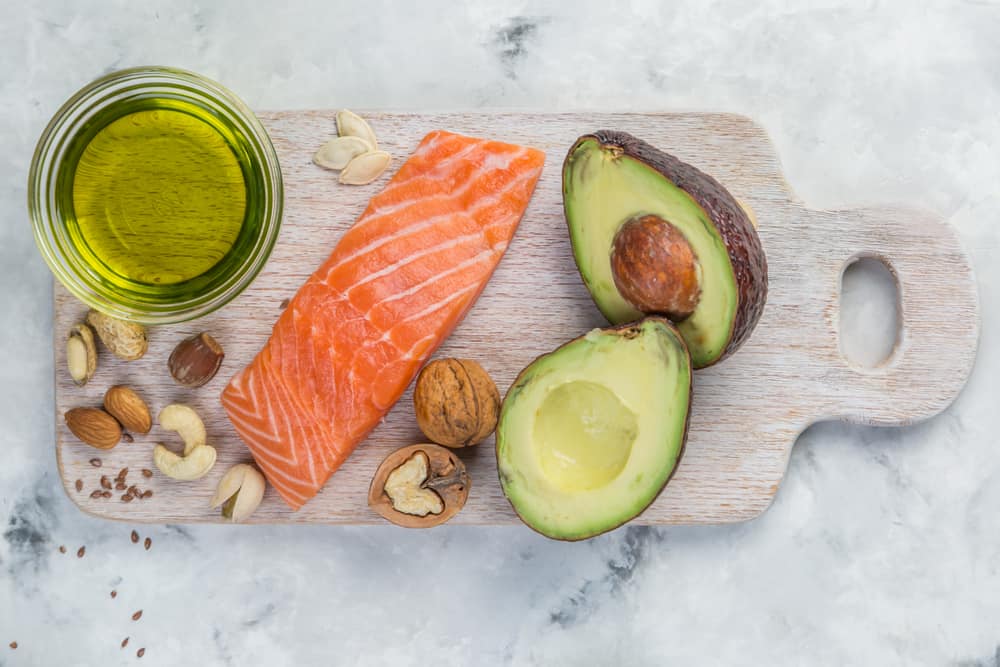Contents:
Medical Video: Anxiety Attack vs Panic Attack - What is the Difference?
Panic attacks and anxiety attacks are just normal panic and anxiety, even though these two conditions are classified as psychological disorders. Don't tell me, did you experience it too? See further what a panic attack is, what is an anxiety attack, and how to recognize its characteristics and symptoms.
What is thatanxietyor anxiety?
Anxious is the body's natural alarm system when you feel threatened, under pressure, or face a stressful and uncomfortable situation. Generally, anxiety is not a bad thing. Anxiety can help you stay alert and focused, prepare you to work, and motivate you to solve problems.
Anxiety is more than just instinct. As a result of the body's "fight or flight" reaction, anxiety has several physical signs and symptoms.
Any sign that you are anxious?
Signs and symptoms anxiety or anxiety is:
- excited, nervous
- sweating
- stomach ache or dizziness
- frequent urination or diarrhea
- breathless
- tremor and twitching
- tense muscles
- headache
- lethargic
- insomnia
- fear
- difficult to focus
- easy to get angry
- tense and anxious
- sensitive to potential hazards, easily shocked
- empty mind
But if you continue to be overwhelmed by extreme anxiety and fear that is prolonged to disrupt your daily routines and functions, this is called anxiety disorder.
Anxiety disorders can be frightening, disturbing, and debilitating. Because many similar symptoms are also found in a number of common diseases (such as heart disease, thyroid problems, and respiratory disorders), people who experience anxiety disorders often make several visits to the emergency room or doctor's office, thinking that they have a life-threatening disease. It takes up to several months or years and many episodes are frustrated before getting the right diagnosis.
The difference is normal panic with panic attacks
Anxiety disorder is actually a big umbrella that encompasses six kinds of psychic disorders, namely generalized anxiety disorder (GAD), panic attacks or panic attack, obsessive-compulsive disorder (OCD), phobias, social anxiety disorder, and post-traumatic disorder (PTSD).
On the other hand, panic attacks are a hereditary condition of anxiety attacks that have more specific characteristics. The terms "panic attack" and "anxiety attack" are often used to describe each other. Even though, in the medical world, anxiety attack is an incorrect term.
You may have felt a feeling of fear flooding your body when caught in a threatening or dangerous situation. Crossing the road when a car suddenly flashes fast, for example, or hears the cries of a crowd blaring during a demonstration. Panic momentarily makes shivering and feathers goose bumps, causing the heart to beat fast, the stomach feels hearty, and the mind is confused. When the danger is over, usually the symptoms of panic will also disappear. Panic is now replaced by a sense of relief because we managed to get through the crisis and return to life.
Now, imagine if you were shopping at a supermarket and meeting with neighbors or old friends. In the midst of an exciting conversation, suddenly you are hit by a very panic like a big disaster will come. Your heart beats fast until it's painful, cold sweat, and dizzy. Suddenly you want to faint, feel crazy, or even like to die. Then after everything is over, the panic changes into a feeling of weakness, fatigue, and confusion; You are constantly haunted by the thought of why it suddenly happened, when it will happen again, and what to do when the attack returns.
If you often experience sudden panic without a cause and are not related to the situation you are facing, and you continue to be terrorized the fear that this attack will occur again and again, you may experience a serious psychic condition but it is easy to handle, which is a panic attack alias panic attack.
Then, is it panic attack?
Cathy Frank M.D., director of the Outpatient Behavioral Health Services at Henry Ford Hospital, explained that panic attacks, or panic attack, occurs spontaneously and not as a reaction to a stressful situation. Panic attacks occur for no reason and are unpredictable. As long as a panic attack takes place, the person who experiences it will be trapped in extraordinary terror and fear to feel like going to die, losing control of the body and mind, or having a heart attack. Furthermore, patients will be terrorized by feelings of worry about the appearance of a subsequent panic attack.
Although the exact cause of a panic attack cannot be known, research estimates that the combination of the biological conditions of the body (genes) and environmental external factors has the same contribution to attack and development panic attack.
How to detect panic attacks?
According to the Diagnostic and Statistical Manual of Mental Disorders (DSM 5), panic attacks are characterized by four or more of the following symptoms:
- heart palpitations, rapid heart rate
- heavy sweat
- trembling, shivering
- breathless sensation, difficulty breathing
- feeling suffocated or choking
- chest pain or discomfort
- nausea, or flaring stomach
- dizzy head, lost balance, fainted
- dereisasi and depersonalization, feeling separate from the body or reality
- feeling like losing control of the body, feeling crazy
- fear of dying
- numbness or paresthesia
- cold sweat, cold heat, or body red and warm
Many symptoms of anxiety and panic attacks are similar to each other, but in anxiety disorders, the attack period is generally shorter and not as serious as panic attacks. Even so, symptoms of anxiety attacks are more difficult to lose in an instant and can last for days, or even months.
Many people who have this anxiety disorder also experience depression at one moment in their lives. Anxiety and depression are believed to be rooted in the same biological vulnerability, which can explain why these two different conditions often overlap. Depression worsens the symptoms of anxiety disorders, and vice versa. It is important for you to seek help for these two psychological problems.












